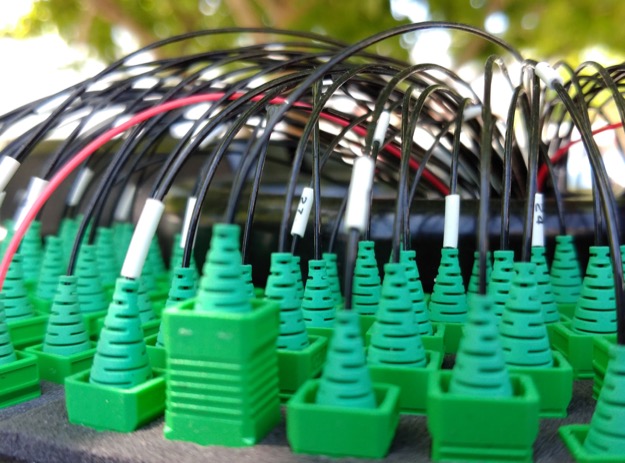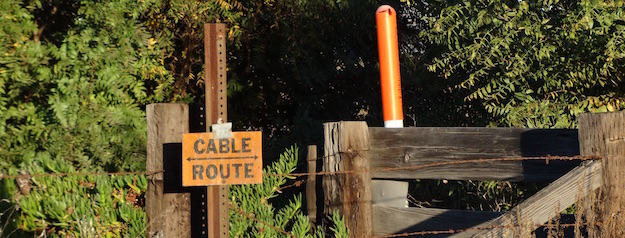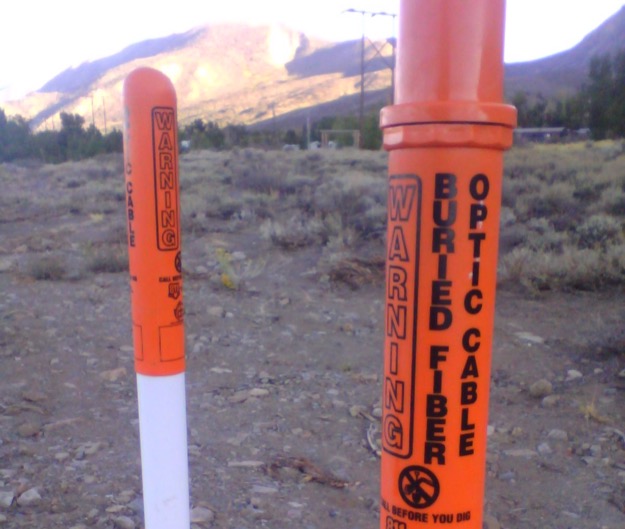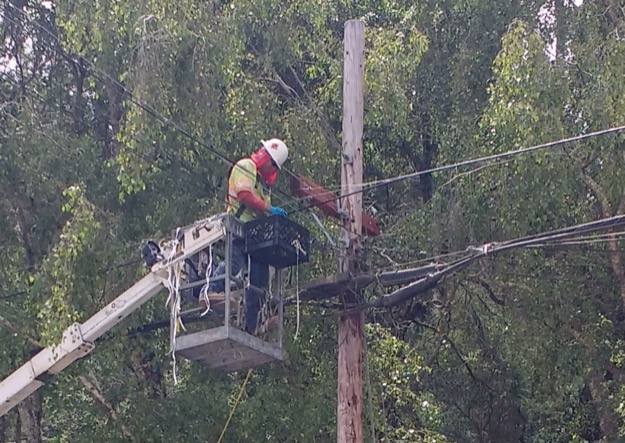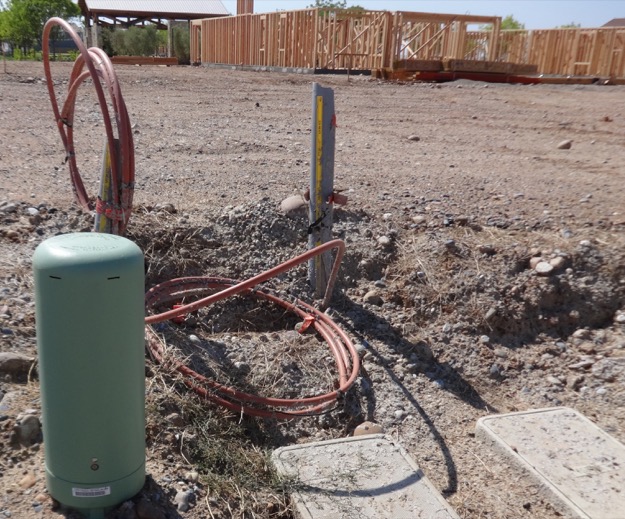Small payoffs from big cable, telcos buy support from non profits and politicians in Sacramento and D.C.

Petty cash can be as effective in buying political support as megabuck payments to elected officials and political parties. The latest example is unfolding in Washington, D.C., where Charter Communications is asking the Federal Communications Commission for permission to 1. enforce data caps on its customers and 2. start charging video competitors for access to those customers two years before the expiration of conditions imposed when it acquired Time Warner cable systems.
It’s the same story with assembly bill 570, which would lock Californians into slow broadband for a generation while shovelling taxpayer money to Frontier Communications and cable companies for minimal upgrades.… More

